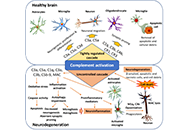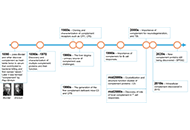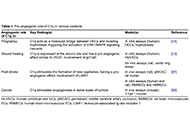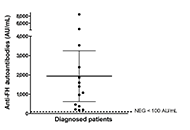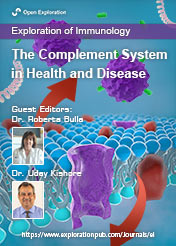
The Complement System in Health and Disease
Guest Editors
Dr. Roberta Bulla E-Mail
Associate Professor of Immunology at the Medical Faculty and Department of Life Sciences, University of Trieste, Italy
Research Keywords: Signal transduction T cell activation, Kinases Phosphatases Proto-oncogenes Adaptor proteins
Dr. Uday Kishore E-Mail
University of Delhi, Salk Institute, University of Oxford, Brunel University London, London, United Kingdom
Research Keywords: Innate immunity, complement, pregnancy, cancer, neuroinflammation, infection, allergy
About the Special lssue
The complement system is considered crucial for maintaining cellular integrity and tissue homeostasis, acting as pattern recognition receptors (PRRs) and providing protection from pathogens and self-derived components. It is a tightly regulated cascade monitored by surface bound molecules and soluble proteins present in plasma and other biological fluids, which interact with each other connecting both innate and adaptive immunity. The split components of complement system act as potent anaphylatoxins, which are capable of recruiting immune cells that secrete a range of cytokines and chemokines, providing an effective anti-microbial defence system, clearing immune complex and also triggering an inflammatory response.
The complement regulators control over-activation of complement pathways and inflammatory responses. Thus, dysregulation of complement system can disturb normal physiological activities and could lead to several pathological conditions such as atypical hemolytic uremic syndrome (aHUS), C3 glomerulopathy (C3G), paroxysmal nocturnal hemoglobinuria (PNH), Alzheimer's syndrome, schizophrenia, macular degeneration, Crohn's disease and also adverse pregnancy cases such as Preeclampsia. Overactivation of the complement system has been characterized in severe COVID-19 cases. Recent studies have also highlighted the association between genetic variations in complement components and regulators, and chronic and infectious diseases.
This special issue will highlight various aspects of complement mediated human diseases and the mechanisms of complement regulation which are crucial for understanding disease pathology and its related therapies.
Keywords: The complement system, diseases pathology and therapies, innate and adaptive immunity
Published Articles
